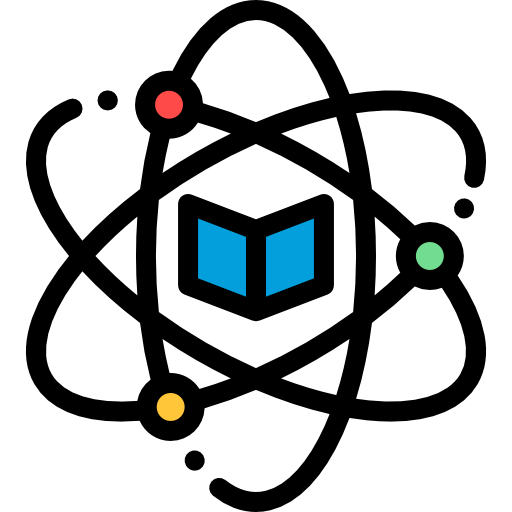Please proceed with your order so that we can facilitate taking your exam on your behalf. Click Here
This book provides a wealth of information on elementary and advanced physics, as well as basic physics concepts. But it’s not just about physics. There are a number of other topics included as well, including: astronomy, chemistry, biology, computer science, and engineering. It’s worth noting that while many of the topics in the AP Physics C review are common sense, many others are more complex and technical in nature, requiring a greater level of expertise on the part of the reader.
If you’re preparing for the AP exam, it’s always a good idea to read through as many of these topics as possible, so that you can get a feel for how each topic will fare on the actual exam. Although there is quite a bit of material included in this review, there are also sections that focus on specific types of experiments. For example, there are chapters on spectroscopy, sound waves, and various aspects of radioactivity.
Many students will choose to write a science fair projects based around one or two topics in this book. This is often the case with the introductory chapter, which explains the concepts used throughout the rest of the book. In fact, some students have found that they can learn all they need to know about the AP Physics C review by completing this chapter.
One of the best things about this review is the fact that it provides a thorough explanation of the most important concepts in the AP courses and helps to guide students in the process of learning these concepts. It provides information on topics such as the relationship between the elements and forces of attraction and repulsion, and why it’s important to understand gravity.
One thing that has become increasingly popular on the AP exams is writing an essay, although it’s still a relatively rare phenomenon to hear an instructor suggest it as a way to increase the amount of participation in the AP classes. If you’ve written an AP essay, then you probably recognize the value of having a review of the AP essay guidelines included in this book.
One of the most valuable aspects of the AP Physics C review is its discussion of the fundamentals and concepts that will be covered on the AP exam. Since students are expected to read up on these topics as well, this book can serve as a great resource. for students who may have a difficult time grasping new concepts, and concepts that are unfamiliar to them.
If you’re taking the AP exam soon, you should definitely read through this book before the exam. If you’re not, you should at least read the topics that were covered in the book from the review and look for areas that are of particular interest to you.
If you are taking the exam in January, you might want to consider getting this book immediately after your review of the AP materials. This will allow you to refresh any memory gaps that you have regarding the material and prepare for the exam more thoroughly. Of course, if you have already taken the exam before, you should still read through the information in the review, but the additional information contained in this book will make it easier for you to recall concepts and techniques that you might not have had before.
The first section of the book is devoted to an introduction to the different elements and the way in which they interact with one another. This section includes the theory behind electricity and magnetism. It also explains the relationship between sound waves and gravity, and electromagnetism, and the theory of light.
The second section of the book provides an explanation of sound waves and their properties, as well as a summary of some basic concepts in physics. The third and fourth sections contain a brief introduction to the concepts of gravity and the law of conservation of energy.
The last few chapters of the book contain a set of questions that are often the same as the AP exams. These questions have been designed to test your knowledge of the material presented in the text, and to help assess your comprehension of concepts. They cover some of the more challenging concepts in AP Physics.


